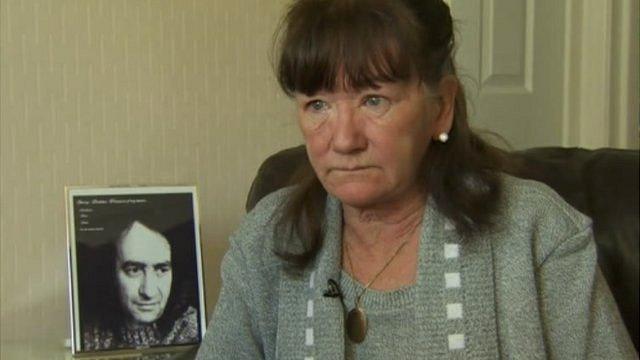Guildford Four police 'acted criminally', lawyers claim
- Published
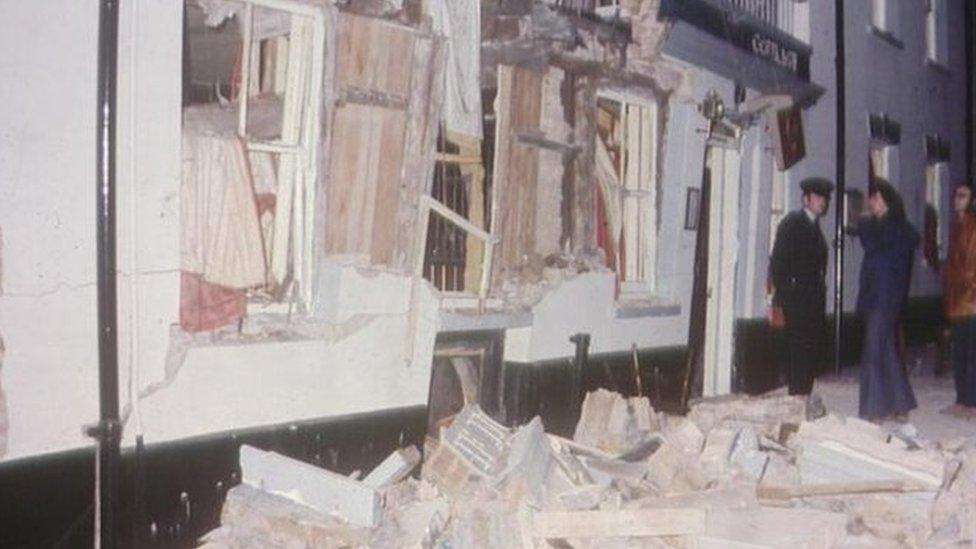
Lawyers want a fresh inquiry into the actions of police and prosecutors in the 1970s
Lawyers have claimed recently released documents concerning the 1974 Guildford IRA pub bombing expose "criminality" by police and prosecutors.
The Guildford Four were wrongfully convicted over the bombings in one of the UK's worst miscarriages of justice.
KRW Law said newly-released archive material contained "evidence of perverting the course of justice" and demanded a new inquiry be launched.
The Attorney General said it had not yet received the application.
Surrey Police said they were aware of the letter and were awaiting any decisions by the Attorney General.
Soldiers Ann Hamilton, 19, Caroline Slater, 18, William Forsyth, 18, and John Hunter, 17, died in the blast at the Horse & Groom on 5 October 1974, along with plasterer Paul Craig, 21.
In a letter to Attorney General Jeremy Wright QC, the law firm urges him to launch a fresh probe into the actions of police and lawyers at the time.
It said its application was being made on the basis of material accessed at the National Archives by the BBC last year.
"On the basis of this material we submit that your offices can review the case in its entirety with a view to directing a fresh criminal inquiry," the firm wrote.
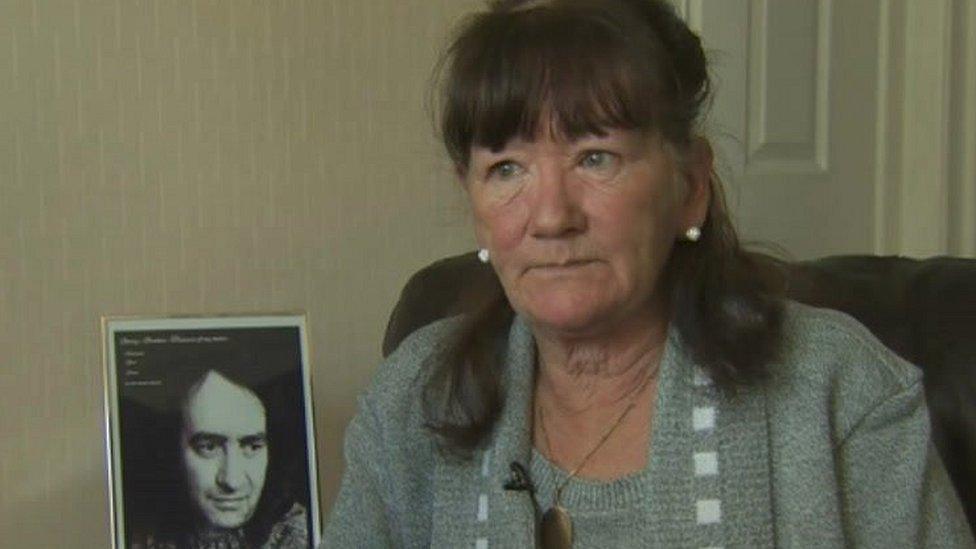
Ann McKernan's lawyers said the wrongful conviction still tainted Gerry Conlon's name
The human rights law firm is representing a former soldier who survived the bombing at the Horse and Groom pub.
KRW spokesman Christopher Stanley said the ex-soldier, who wants to remain anonymous, still suffers from PTSD as a result of the atrocity.
The original convictions had brought her some reassurance, he said, but finding out later they were a miscarriage of justice had led to further trauma.
The law firm also represents Ann McKernan, sister of Guildford Four member Gerry Conlon.
Mr Stanley said she wanted a new inquiry because her late brother had been falsely imprisoned with a wrongful conviction still hanging over him.
No-one has ever been convicted over the bombing.

Guildford Four timeline
5 October 1974 - IRA bombs explode in two pubs in Guildford, Surrey, killing five people and injuring scores more. Guildford was known as a "garrison town", with several barracks nearby, at Stoughton and Pirbright and Aldershot in Hampshire, and a night-life that was popular with the 6,000 military personnel in the area
22 October 1975 - Paul Hill, Gerry Conlon, Patrick Armstrong and Carole Richardson - the Guildford Four - jailed for life at the Old Bailey
19 October 1989 - After years of campaigning, the Court of Appeal quashes the convictions, ruling them as unsafe, and releases them
9 February 2005 - Prime Minister Tony Blair formally apologises to the Guildford Four for the miscarriage of justice they suffered

What the documents say
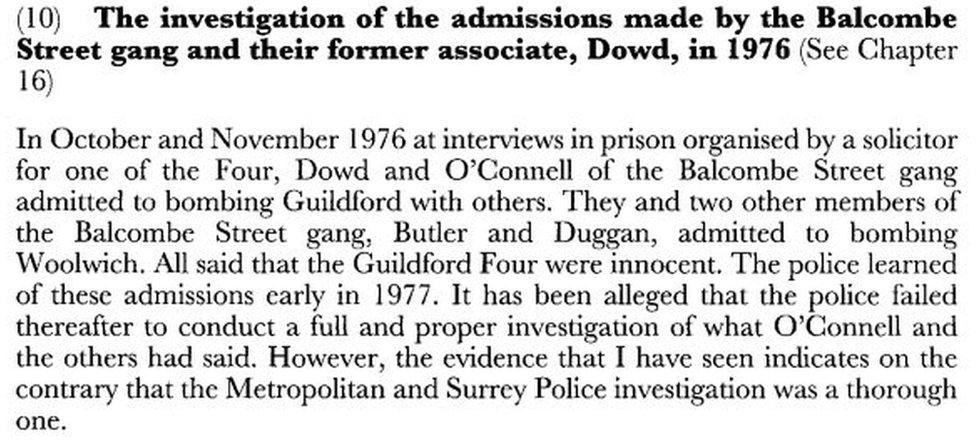
Sir John May's final report looked at confessions made by four members of the Balcombe Street gang
In 1976 - a year before the Guildford Four were refused leave to appeal - the IRA's Balcombe Street unit had said they were responsible for bombing pubs in Guildford and Woolwich.
KRW said papers at the National Archives indicated "possible alteration or suppression of evidence relating to the admissions made by the Balcombe Street IRA Cell".
A memo contained in working papers released to the BBC last year refers to a request by John Mathew QC to forensic expert Douglas Higgs "to redraft his statements".
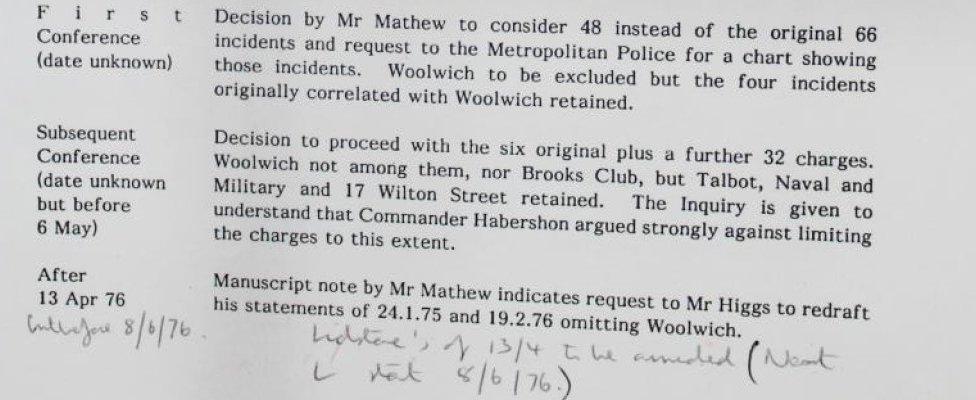
A memo referred to a request for statements to be redrafted
But later, after the Guildford Four's convictions were quashed, former judge Sir John May carried out a five-year probe into the case, and wrote in his final report: "Formulation of the Balcombe Street indictment was entirely a matter for John Mathew and his team and it was a task which they carried out with all propriety."
In a statement, Surrey Police said: "We are aware of the letter that has been sent to the Office of the Attorney General, from KRW Law Advocates on behalf of their clients, requesting a new enquiry into the original Surrey Police investigation and alleged actions of the original prosecuting team.
"The investigation was reviewed by Avon and Somerset Police in 1987. As a result of this review, the Court of Appeal decided in 1989 that the convictions in 1975 were unsafe.
"A subsequent judicial enquiry was held by Sir John May, with a report published in 1994, which led to the trial of three Surrey Police officers in 1993 in relation to conspiracy to pervert the course of justice. They stood trial and were acquitted.
"We will wait to hear as to any decisions made by the Office of the Attorney General following this representation, and any subsequent direction made."
A spokeswoman for the Attorney General's Office said: "We have not received an application, but if an application is received we will consider it carefully."

Johnny Depp 'family friend'
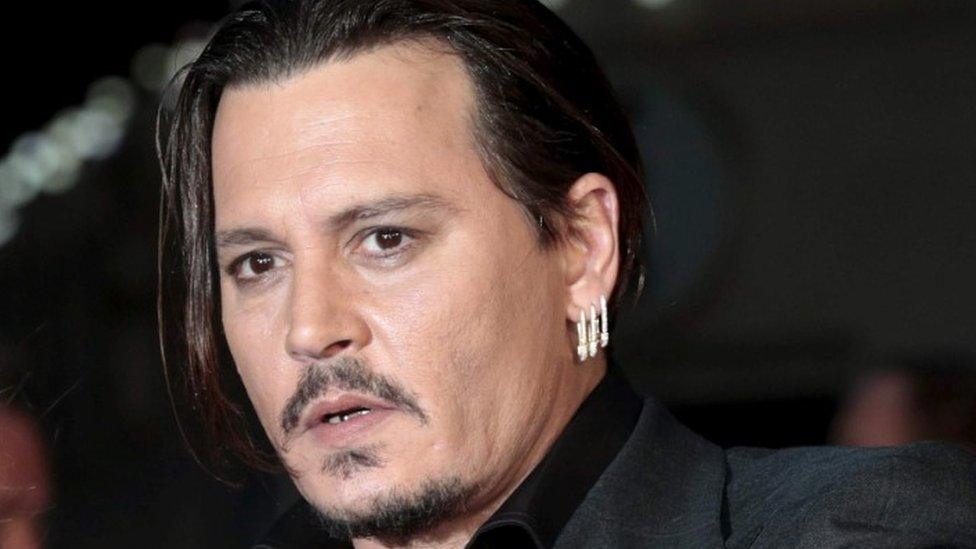
Depp said Mr Conlon had "the exuberance of a man who held nothing back"
The latest legal development has coincided with the publication of a new biography of Gerry Conlon, external - which has a foreword by US actor Johnny Depp.
Depp describes how he met Mr Conlon by chance and how he became a "100% trusted friend and brother, to the very end".
The film star went on holiday with Mr Conlon and his family in 1991 and also said he had a special place in his heart for Mr Conlon's mother, Sarah, and his sister, Ann.
In the book, he writes: "It is the story of a man I loved and would have taken a bullet for, as I know he would have done for me and all his loved ones."
"It was an honour to have known Gerry Conlon and to call him my friend."
Biographer Richard O'Rawe, former Irish republican prisoner who grew up with Mr Conlon in Belfast, has continually called for the release of hundreds more files that remain closed at the National Archives at Kew.
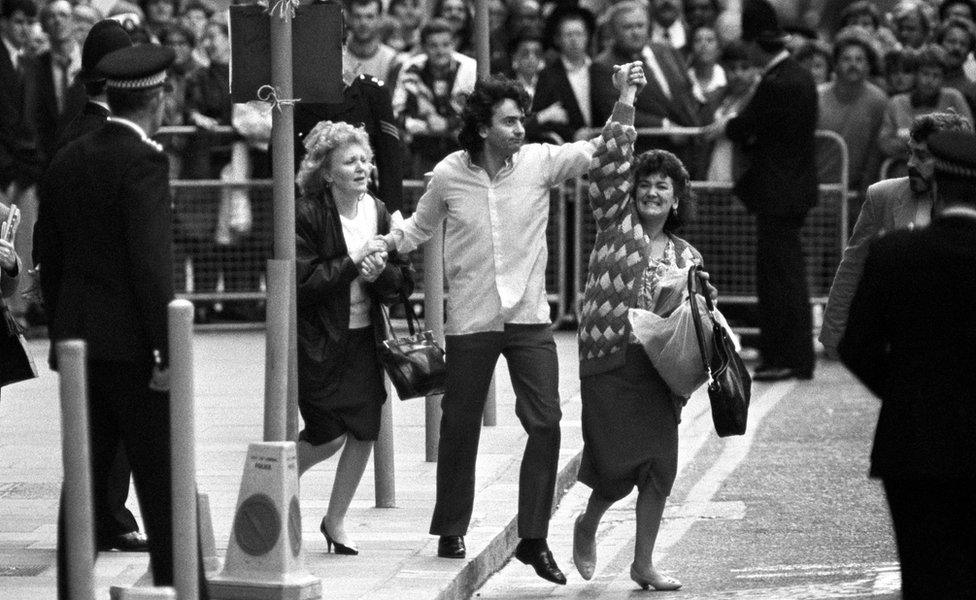
Depp said Mr Conlon first caught his attention when he "stomped" out of the Old Bailey
Related topics
- Published4 August 2017

- Published27 October 2016
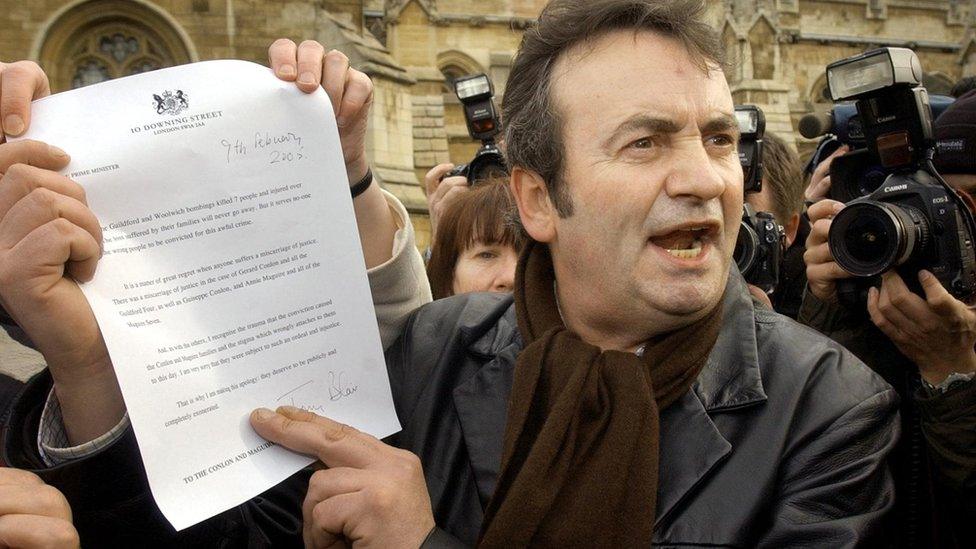
- Published27 October 2016
